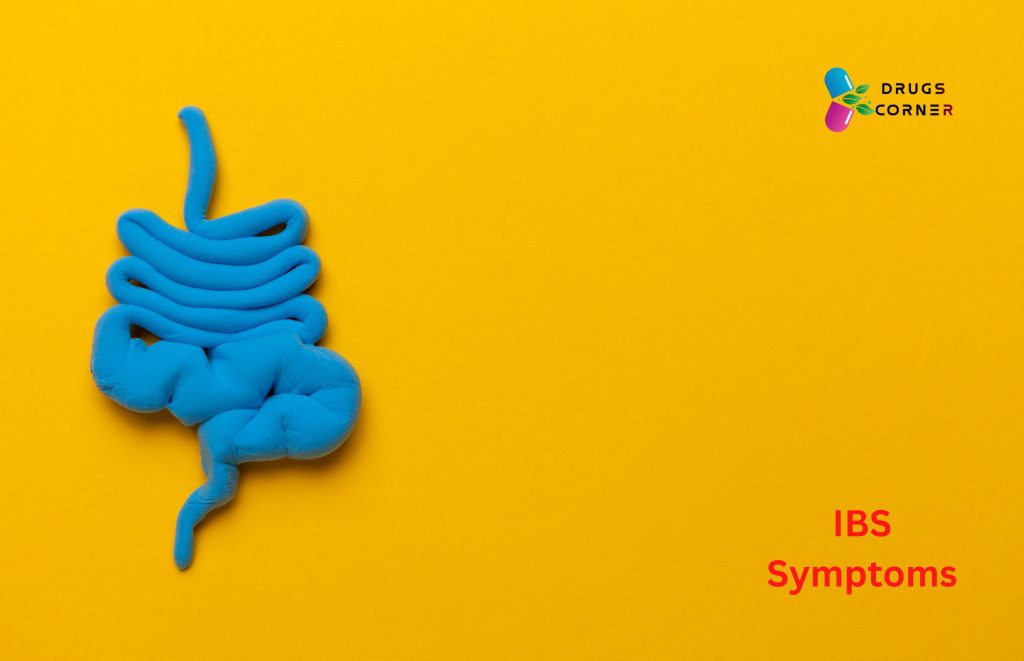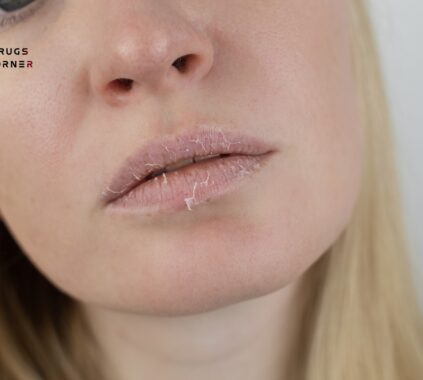“If you are sick with irritable bowel syndrome, then you must have uncomfortable bowel movements and unbearable cramps. The symptoms can be cured by diet, exercise, and medication.”
Do you need to change your lifestyle because of irritable bowel syndrome? You might have to, as it is a complicated bowel condition accompanied by frustrating gastric symptoms, Although the symptoms vary from person to person regarding the severity and occurrence but are equally disturbing for everyone.
However, the root cause of irritable bowel syndrome is difficult to pinpoint, but the symptoms start to appear at an early age. You may get this because of your familial history or maybe your gastric nerve’s coordination with your brain.
We will look over the general facts encompassing this bowel condition, its symptoms, and the possible treatment options.
Irritable Bowel Syndrome (IBS)

Irritable bowel syndrome (IBS) is a combination of several gastrointestinal problems that negatively affect gut health and frequent painful sensations in the gastrointestinal tract such as severe cramps, diarrhea, and constipation.
The symptom’s intensity is subjective and, in some people, it is unbearable and can only be treated with drugs, medicines, and routine counseling., Some people have rather mild symptoms and can easily control their symptoms by changing their diet, lifestyle, and exercising. People often confuse it with colorectal cancer but don’t worry it is not that drastic and be controlled.
Irritable Bowel Syndrome: Causes
Many leading factors may cause IBS and make the situation worse. Although, pointing out exact causes is impossible as they are subjective and vary from person-to-person common triggers include:
- Emotional Stress, depression, or any neurological disorder as the gut health is greatly influenced by cognitive health.
- Food poisoning and, a few food commodities may provoke the symptoms of irritable bowel syndrome.
- Drugs or medications, such as painkillers, antacids, and heavier drugs may induce the symptoms of IBS.
- Infections in gastric systems may also be a common cause.
You must consult with a pharmacist or a physician before taking medications.
Why Your Eczema on Lips May Worsen and You Don’t Even KnowIrritable Bowel Syndrome: Symptoms

The pattern of symptoms varies from person to person, although the effects are long-term the severity differs. Some people face drastic consequences and find difficulty in life a normal life while others live with this syndrome rather normally. The common symptoms faced by sufferers include:
- Chronic Abdominal pain and cramps during bowel movements and after eating something till it passes out through feces
- Ejaculation
- Flatulence (Farting and an uncomfortable feeling till the wind passes out)
- Migraine, headaches, and depression
- Distorted Circadian rhythm
- Unbearable pelvic pain
- Uncontrolled peeing
- Lower back pain
- Fatigue and restlessness
- Diarrhea, constipation, and bowel incontinence
If the symptoms start to appear and become problematic and hinder your daily tasks, you must visit your close physician for a thorough checkup.
Irritable Bowel Syndrome: Diagnosis
At some point, the symptoms become worse and you can’t avoid visiting a doctor for a complete diagnosis of the malfunctioning in your body.
Your doctor may undergo a physical assessment considering the symptoms you suffer from. The alarming situation he may ask you includes;
- Bleeding while passing out bowel waste
- Drastic weight loss
- Reduced hemoglobin level
- Insomnia
- Familial history
- Frequent food poisoning
Your doctor may undergo a stool examination by taking samples to identify any possible red flags.
Blood test examination is rather common to assess any admonishing underlying disease.
After taking a thorough checkup, he may suggest you avoid certain food groups (A carb-rich diet due to the possibility of celiac disease and nuts or beans due to food allergy) or ask you to take some medications and adopt certain habits for better functioning.
How To Navigate the Best Non-Hormonal Birth Control Method?Irritable Bowel Syndrome: Treatment
No treatment can eliminate this syndrome, however, some medication and dietary patterns can help relieve pain and reduce the frequency of symptoms.
The medications suggested to every IBS sufferer include:
- Antidepressants, as depression is commonly associated with IBS, and symptoms get better if depression goes away.
- Anti-diarrheal drugs to treat chronic abdominal cramps and diarrhea.
- Antibiotics to treat gastric infections.
- Anti-constipation drugs to soothe painful bowel movements.
- Probiotics for a healthy gut system.
The dietary practices adopted by IBS sufferers which can effectively treat severe IBS symptoms include:
- Consume a diet rich in fiber and calcium, such as fruits and vegetables. (Spinach contains a sufficient amount of iron and calcium to treat gastric problems)
- Drink plenty of water to keep yourself hydrated.
- Abstain caffeine (i.e., coffee, chocolate bars, and carbonated beverages)
- If you are lactose intolerant, then you must completely avoid dairy products (i.e., cheese, butter, milk).
These treatment approaches may work for you, but not necessarily for everyone. Always consult with your doctor for routine checkups.
Lifestyle Adaptations to Treat Irritable Bowel Syndrome
The medication and dietary changes must be stabilized but by bringing a positive change in your lifestyle and adopting certain activities you can alleviate IBS symptoms.
- Abstain smoking, vaping, and other unhealthy narcotic-induced habits.
- Do regular physical exercise, yoga, and running to keep your muscles activated.
- Practice meditation and other relaxing exercises to keep your cognitive health strong.
- Keep a close track of your meal habits to avoid triggering food.
These lifestyle alterations may prove to be effective for controlling IBS symptoms.
What to Expect During a Female Colonoscopy?Bottom-line
Irritable bowel syndrome is a combined gastrointestinal complication that involves deteriorating bowel health. The causes inducing IBS are unknown, but there are some foods and drugs that can trigger this, and apparent symptoms become alarming for the sufferers and hinder the quality of their life.
Several cures and treatment options are available such as diet, medication, counseling, and lifestyle adaptation which can help in controlling IBS effectively.
FAQs on Irritable Bowel Syndrome
How can I test for IBS at home?
Alas, there is no replacement for a doctor’s assessment, You can fill online questionnaire to assess your symptoms but that’s not a reliable option.
Can CBC detect IBS?
Yes, CBC (Complete Blood Count) and CRP (C-reactive Proteins) are general blood tests to diagnose IBS.
What are 4 treatments for IBS?
You can treat irritable bowel syndrome symptoms if you adopt a positive lifestyle, eat a nutrient-rich diet, take prescribed drugs, and consume probiotics.
Can endoscopy detect IBS?
No, it cannot, it can only detect Inflammatory bowel disease.
Contact us at Gmail







